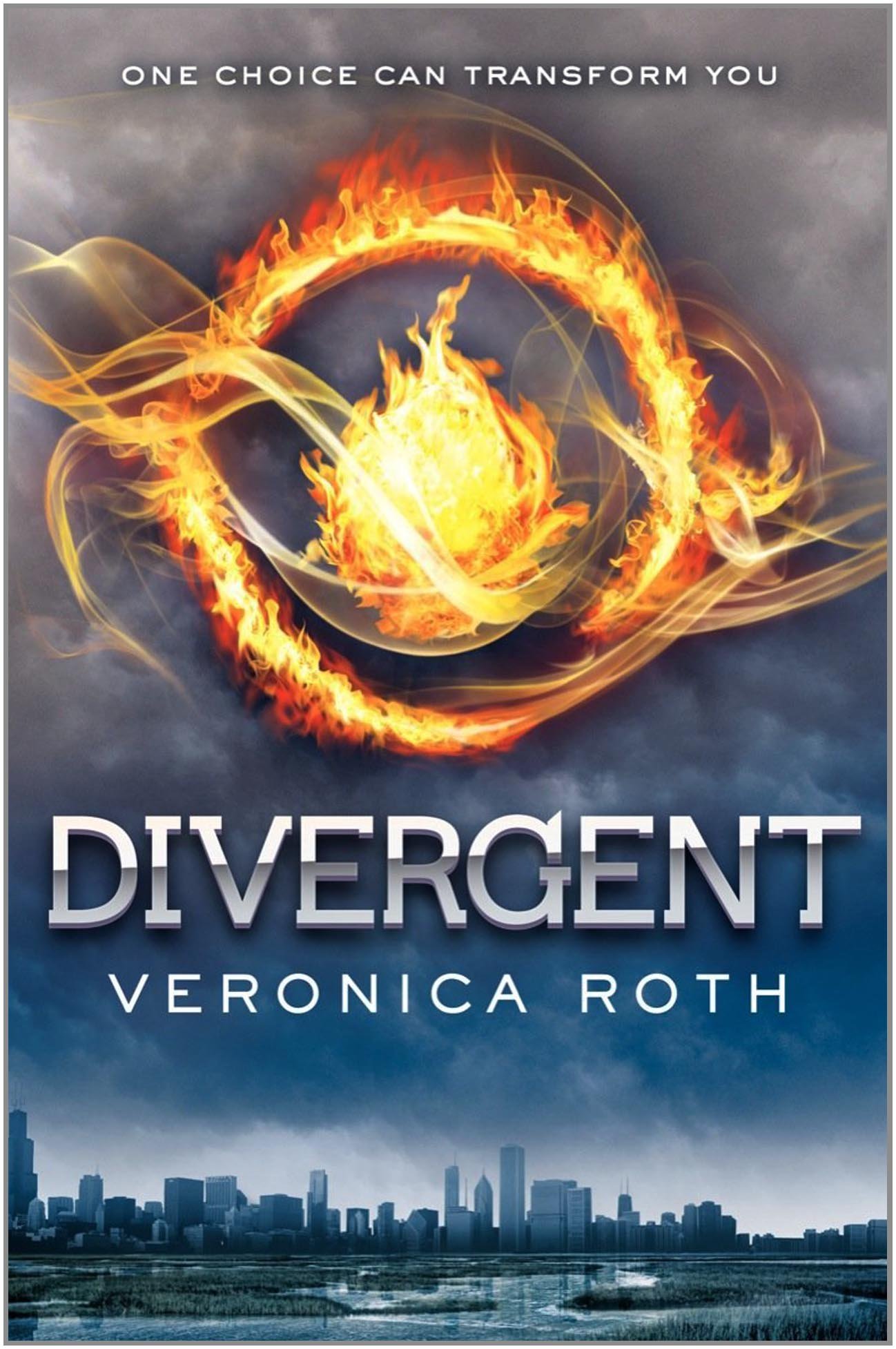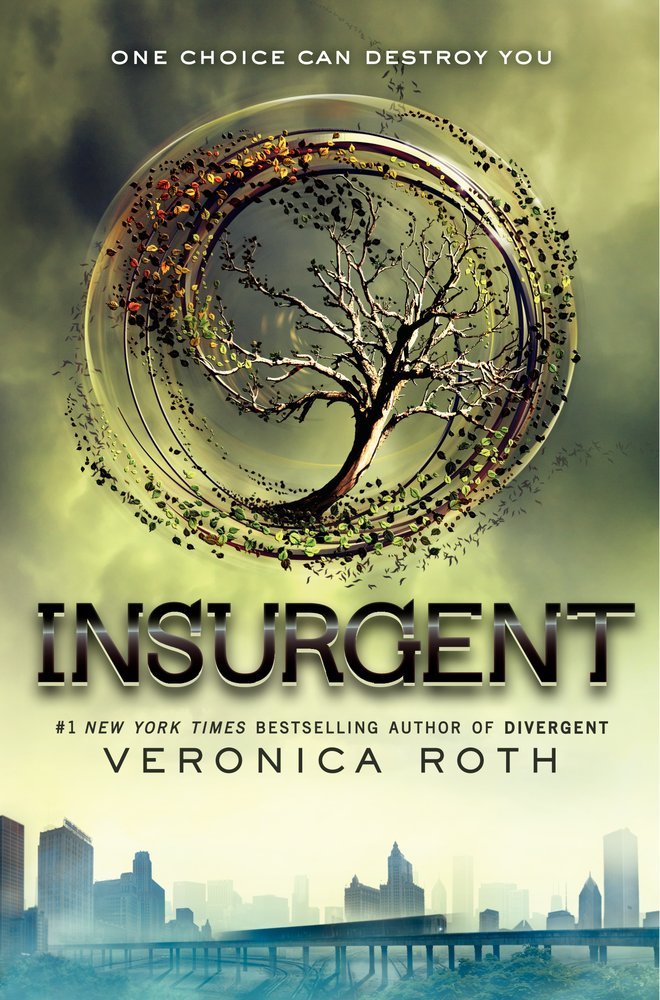(In which I have to accept that literary teenagers are generally not literal.)
***
If there is one thing that I’d like my Literature students to acquire, (not learn, because I’m afraid I can never teach it. Or if I can, that it will not take them as far as I like it.) it is to be motivated to read. Their reading interest has also interested me and in the process frustrated me. I wish I can just transfer my own penchant for reading just to get it all over and done with already. But of course this world is not fictional so I just can’t. Maybe one day I’ll write a novel about this and consider it my greatest contribution to the teaching profession. Kidding.
 As an on-again-off-again reader, my reading motivation varies depending on season and stress level, from interest (hello, art and historical fiction) to just plain curiosity and the urge not to stop reading (I’m looking at you, the rest of my books). But recently, my motivation lies embarrassingly (or maybe not) on movie adaptations of novels, as what happened to The Hobbit, The Mortal Instruments Series, The Hunger Games Trilogy and The Fault In Our Stars. Enter: The Divergent Trilogy.
As an on-again-off-again reader, my reading motivation varies depending on season and stress level, from interest (hello, art and historical fiction) to just plain curiosity and the urge not to stop reading (I’m looking at you, the rest of my books). But recently, my motivation lies embarrassingly (or maybe not) on movie adaptations of novels, as what happened to The Hobbit, The Mortal Instruments Series, The Hunger Games Trilogy and The Fault In Our Stars. Enter: The Divergent Trilogy.
I’ll admit that if not for the film adaptation being “One of the Most Anticipated Movie of the Year”, I would not have taken interest in this novel, primarily because I don’t quite enjoy dystopian YA novels. I still believe that sixteen to eighteen-year-olds have better things to do than… well… leading a revolution. But reading them once in a while enlightens me in a way that other subgenres can’t. So, anyway. . .
 In Divergent, the first book, Beatrice Prior and her brother Caleb, get to choose their faction in the Choosing Ceremony. There are five factions to choose from, and the factions are identified by the dominant virtue of their members. There’s Abnegation, who value selflessness; Erudite, who value intelligence; Dauntless, who value courage; Candor, who value honesty; and Amity who value peace. Beatrice and Caleb are both born in Abnegation, but in the Choosing Ceremony, they will decide if they want to stay in their home faction or choose to leave it for another one; the latter being a bitter choice since that would mean abandoning their families too.
In Divergent, the first book, Beatrice Prior and her brother Caleb, get to choose their faction in the Choosing Ceremony. There are five factions to choose from, and the factions are identified by the dominant virtue of their members. There’s Abnegation, who value selflessness; Erudite, who value intelligence; Dauntless, who value courage; Candor, who value honesty; and Amity who value peace. Beatrice and Caleb are both born in Abnegation, but in the Choosing Ceremony, they will decide if they want to stay in their home faction or choose to leave it for another one; the latter being a bitter choice since that would mean abandoning their families too.
But they choose the latter. Beatrice chooses Dauntless and Caleb chooses Erudite. The next part after choosing is staying in their chosen faction. And the way to stay is to survive the initiation. Otherwise, they will be thrown out of the faction and will be outcast, known as factionless.
Beatrice decides to be known as Tris and struggles to fit in Dauntless where she experiences humiliation after humiliation both because of her upbringing and her skills, or lack thereof. But these struggles are made surmountable thanks to Four, whom she meets and falls in love with. But their togetherness and her newfound life in Dauntless is threatened by her true identity, which will also be the cause of the loss of so many lives, including the ones she value the most.
In Insurgent, in her desire to usurp the faction government (led by the Abnegation because it makes perfect sense to have your leaders selfless) Jeanine Matthews led the Erudite to launch an attack simulation serum to control the minds of Dauntless and make them zombie soldiers. Tris and Tobias (aka Four), being Divergent, are immune to the serum and are able to stop the simulation attack. In the midst of a civil war, they seek refuge in the headquarters of other factions that may or may not prove to be a wise decision. As their already small world becomes even smaller, they start to rely on their friends from Dauntless and other factions to survive. Jeanine continues to hunt for the Divergent and one by one, she claims the lives of people closer to Tris and Tobias in her pursuit. Broken by guilt and haunted by fears, Tris allows her Divergence to save the people she loves most, and in the process realizes how fine the line is between being selfless and being reckless and downright stupid. And in the moment of absolute terror in her pursuit of truth amidst all the lies, she discovers what other forms love could take, how bitter betrayal really is and how much she craves life.
Allegiant opens with a metarevolution. Jeanine Matthews is dead and the factionless leader Evelyn Johnson now reigns in a fashion not-so-different from Jeanine’s. In response to Evelyn’s tyranny, a revolutionary group called Allegiant is formed by the most unlikely people and as part of their defiance to the current government, Tris and her friends march out of their city (not quite literally) and find themselves in the United States after the Puritan War. Here they find the government rebuilding whatever is left, the people who are responsible for their existence and the truth about the nature and purpose of their Divergence. Just when they thought they’ve found a new home, another uprising endangers them and in the continuous unraveling of lies and secrets, they find themselves armed with faith and guns again; the former leading them to their victory and the latter bringing the conclusion that makes AND breaks them.
Reading the trilogy is not an easy task, especially the first book. What with the names of the factions not being parallel (which always troubles me). Also, it’s easy to get carried away with the insubstantial information and lose focus. And it’s even harder to convince yourself that sometimes, you just have to know as much as the characters do. In the second book, things get exciting, even if it means a lot of flirting with death (and actual deaths) and an overflowing character analysis. It’s also good to get nearer the truth, albeit getting closer to losing whatever battle you’re fighting.
And speaking of battles, it will indeed come to a point when you will just ask yourself how many more uprisings there will be to see the end of all this. But then again, I believe the novel isn’t about ineffective governments or even being special, like being Divergent. Just like most literary work (I hope I won’t be ostracized for almost calling this literature.), the Divergent Trilogy tackled the complexity of human nature and our inability to be contented, as well as the horrifying effects of both.
It also taught me to become patient. More than half of the third book drags me. It was almost agonizing. But just like any other long trip, the ending is all worth it. It may not be the ending we all want, but there is undeniable beauty in it. Apart from patience, it also highlights awareness of literary devices, I could have saved myself from suffering had I not ignore the purpose of the change in narrative style. But it’s too late. Most importantly, I believe, the novel made me experience, in a rare but enlightening occasion, that other purpose of tears that entirely defies scientific explanation.
Photo Sources:

